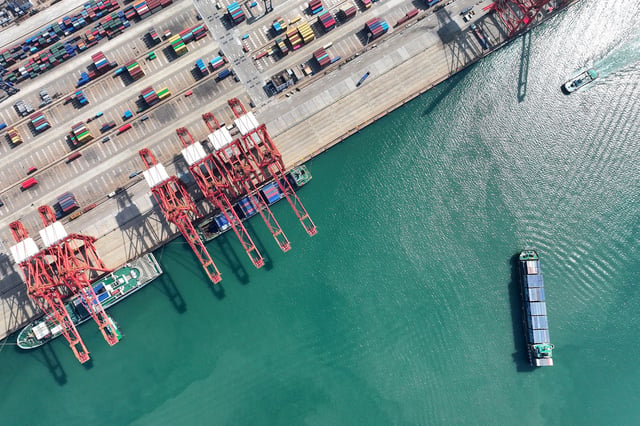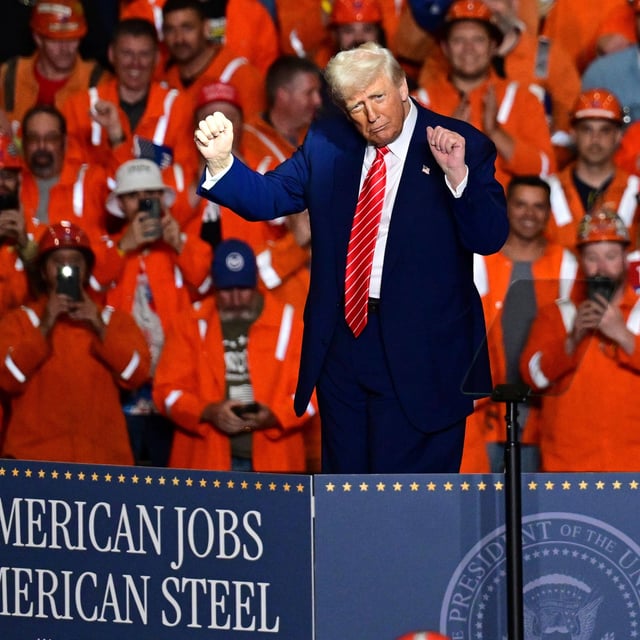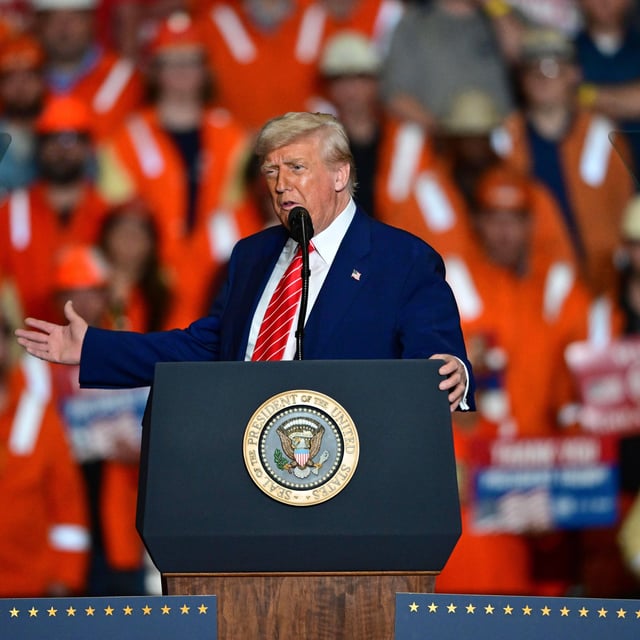Overview
- President Trump announced at a Pennsylvania steel plant that U.S. tariffs on imported steel and aluminium will rise from 25% to 50% effective June 4, saying the move will further secure American metalworkers.
- The administration invoked national security provisions under Section 232 of the Trade Expansion Act to justify the hike even as courts have stayed his broader “reciprocal” tariffs imposed under emergency powers.
- Canada’s Chamber of Commerce, the European Union and India have signaled plans for retaliatory duties, with India formally notifying the WTO of its intention to impose countertariffs on U.S. goods.
- Uncertainty surrounds the status of a new U.S.-UK trade deal that would exempt British metals, and U.K. officials are urgently engaging U.S. counterparts to clarify the agreement’s implementation.
- The tariff escalation heightens risks for industries reliant on imported metals, potentially driving up costs for sectors such as automotive, construction and manufacturing during a wider U.S.-China trade dispute.


